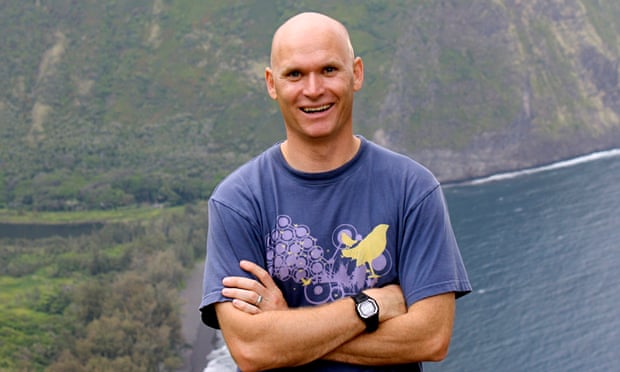Click on the picture to see the 3 minute video of the author discussing All the Light We Cannot See
This is the blog for the book club of Kathy, Mary, Gillian, Carrie, Sue, Carla, Harriet, and Joyce.
Sunday, January 10, 2016
All the Light We Cannot See - Review
http://www.theguardian.com/books/2015/may/17/all-light-we-cannot-see-review-anthony-doerr-pulitzer-prize
Sunday 17 May 2015
This is a sprawling 530-page novel, winner of this year’s Pulitzer prize for fiction, about a girl and her father in Paris, and what befalls them when the Nazi occupation of Paris drives them out. The girl, Marie-Laure, had become blind by the age of six. Her father is a locksmith who works at the Museum of Natural History. As his daughter’s sight finally fails, her father builds her a model of Paris, and in this way she is able to navigate around the city. The Jardin des Plantes is their favourite place, and here Marie-Laure orients herself by counting drain covers and trees and streets, memorising routes and recognising the scents of trees and flowers.
In a parallel story, a young boy in Germany, Werner, an orphan, comes to the notice of the Nazis for his astonishing skill at fixing radios, and this leads to his relocation to an elite school aimed at providing skills for the Reich. Little Werner proves his worth and survives, even though the school is brutal and unrelenting.
When the Nazis arrive in Paris and begin to investigate the museum, demanding keys from Marie’s father, he makes plans to move to his uncle’s house in Saint-Malo. Despite her blindness, the girl is able to visualise the layout of the town when her father makes a small and detailed model of it. Months go by. Werner moves closer to the front as the Germans favour experts who can pick up radio transmissions from the allies. Life in Saint-Malo becomes increasingly difficult as the Germans take full control. Marie-Laure’s father is investigated and taken away, ending up in a German camp. Marie-Laure, virtually all alone with her eccentric great uncle now, joins the resistance and carries messages in baguettes.
Of course as you read the dual story, you wonder how soon it is before Marie-Laure and Werner are going to meet. And it is a weakness of this book that it has many aspects of genre fiction, despite the huge amount of research that has gone into it. There is a worrying even-handedness in Doerr’s treatment of the Germans and the French. There are also some strange mistakes: for instance, Niels Bohr was not a German. However, the story itself is gripping and it is easy to understand why Doerr’s book is regarded by many as an epic and a masterpiece.
Sunday 17 May 2015
This is a sprawling 530-page novel, winner of this year’s Pulitzer prize for fiction, about a girl and her father in Paris, and what befalls them when the Nazi occupation of Paris drives them out. The girl, Marie-Laure, had become blind by the age of six. Her father is a locksmith who works at the Museum of Natural History. As his daughter’s sight finally fails, her father builds her a model of Paris, and in this way she is able to navigate around the city. The Jardin des Plantes is their favourite place, and here Marie-Laure orients herself by counting drain covers and trees and streets, memorising routes and recognising the scents of trees and flowers.
In a parallel story, a young boy in Germany, Werner, an orphan, comes to the notice of the Nazis for his astonishing skill at fixing radios, and this leads to his relocation to an elite school aimed at providing skills for the Reich. Little Werner proves his worth and survives, even though the school is brutal and unrelenting.
When the Nazis arrive in Paris and begin to investigate the museum, demanding keys from Marie’s father, he makes plans to move to his uncle’s house in Saint-Malo. Despite her blindness, the girl is able to visualise the layout of the town when her father makes a small and detailed model of it. Months go by. Werner moves closer to the front as the Germans favour experts who can pick up radio transmissions from the allies. Life in Saint-Malo becomes increasingly difficult as the Germans take full control. Marie-Laure’s father is investigated and taken away, ending up in a German camp. Marie-Laure, virtually all alone with her eccentric great uncle now, joins the resistance and carries messages in baguettes.
Of course as you read the dual story, you wonder how soon it is before Marie-Laure and Werner are going to meet. And it is a weakness of this book that it has many aspects of genre fiction, despite the huge amount of research that has gone into it. There is a worrying even-handedness in Doerr’s treatment of the Germans and the French. There are also some strange mistakes: for instance, Niels Bohr was not a German. However, the story itself is gripping and it is easy to understand why Doerr’s book is regarded by many as an epic and a masterpiece.
Subscribe to:
Comments (Atom)
